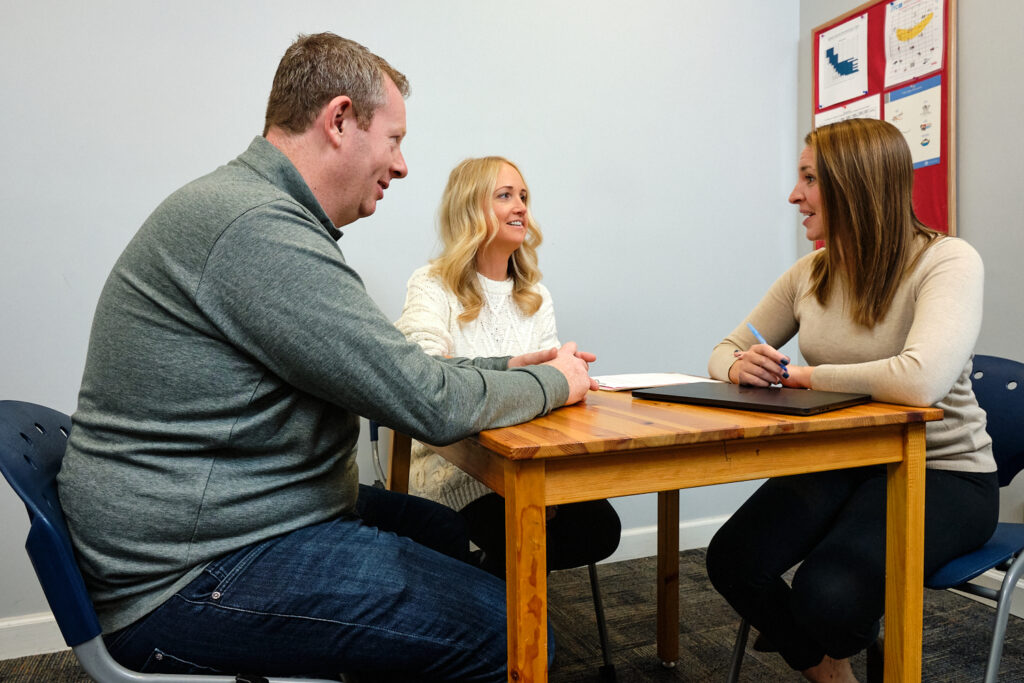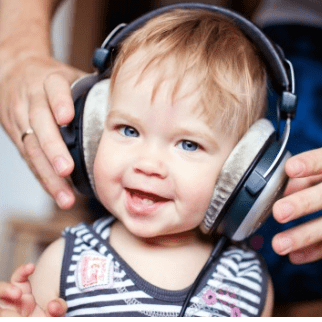Let’s take a minute here, it’s hard to believe but your baby’s first years in early intervention are coming to a close and they will soon be entering Pre-Kindergarten! While it is an exciting time, this phase may seem daunting. Your family services coordinator will prepare your child’s history for this transition and will coordinate with your neighborhood school to start your child’s educational assessment. At this point common questions parents or caregivers have include:

To address some of those key questions, we put together an overview of the wide variety of schools and classrooms to help you make the best school choice for your child. Educators’ goals are to help place your child in the Least Restrictive Environment (LRE) in a school. Least Restrictive Environment (LRE) considerations must include a discussion of all the placement options for your child across the full continuum of services. The more you know about the options available, the better informed you will be to work with your school team while placing your child in the correct classroom. Options may include your home school with varying degrees of support, a local deaf program or cluster site, or a state deaf school.
Your child’s hearing levels as well as their language and communication needs should be considered when making placement decisions. For example, children with a slight to mild hearing level may be placed in the general classroom and provided support through a speech and language pathologist, hearing itinerant services, or resource services. On the other hand, children with moderate to profound hearing levels may need more specialized or intensive support and appropriately placed in other school programs that address their individual needs.
Once it is determined your child qualifies for individualized education support and services through your local school district, they must discuss what those supports and services entail and where they will be delivered.

Developed by Dr. Anna Tess our Education Coordinator, our Education Resources deliver valuable insights and information. All downloads are available in English and Spanish.

One of the most important educational decisions you and your child’s school team will make is if your child should have an IEP or a 504 Plan.
See our IEP & 504 Page for more information.
Illinois provides a comprehensive educational and residential program for students who are deaf and hard of hearing between the ages of 3 through 21 at the Illinois School for the Deaf in Jacksonville. The primary mode of communication at the School for the Deaf in ASL. The school curricula offer a wide variety of options and follow educational standards prescribed for a typical elementary through high school program. Modifications are made as necessary to meet individual needs of students.
Students have opportunities for a full range of related services, which includes mainstreaming in local public schools – as appropriate to their IEPs.
Co-op sites like NSSEO provide services to students who are deaf or hard of hearing. These programs typically maintain a population of at least 40-50 students. With this large number of DHH students, co-op sites are able to provide a variety of curricular and extracurricular options which meet the unique communication, language, and social needs of a DHH child. Professional staff who work with these children are required to provide services in the language and communication mode of the student. This offers the child options in both oral and total communication. Students have opportunities to participate in mainstream school life, both in classes and extracurricular activities. Students who attend Co-Op based schools can develop close social contacts with their peers who are deaf. On-site supervision of co-op programs are generally provided by supervisors certified both in educational administration and education of the deaf and hard of hearing.
Academic options available to students at co-op sites should include: classrooms with just DHH students; integrated classrooms with a typical, elementary through high school curriculum with modifications, and academic mainstreaming.
Cluster sites for students with hearing loss are for deaf or hard of hearing who have additional disabilities – such as behavior disorders or learning disabilities. Cluster sites can often provide additional related services such as occupational or physical therapy, social work, speech and language therapy, and counseling. In co-ops, these are often provided by professionals skilled in sign language and familiar with the needs of students who are deaf or hard of hearing.
School districts provide access to general education classrooms in their neighborhood schools for students who are deaf or hard of hearing. A variety of support services can be provided in these inclusive settings. They may consist of certified teachers of students who are deaf or hard of hearing, interpreters, note-takers, speech language pathologists, audiologists, counselors, and access to amplification equipment. These related services in general education classrooms must be provided by staff who can directly communicate with the students in their language and mode. Students are given complete access to both the full general education curriculum as well as extra-curricular activities. An inclusion facilitator or itinerant teacher often acts as a case manager to coordinate all the general and special education services indicated on the student’s IEP.


We hope you will consider making a gift to support these children. Thank you!
Sign up to be the first to know about new FHSR resources, programs, and events.
FHSR is a qualified 501(C)(3) tax exempt organization. Tax ID number 36-6082810.

FHSR’s MARCOM Gold Award-Winning Website was developed in collaboration with Carlson Integrated, LLC.
MarCom Awards is an international creative competition that recognizes outstanding achievement by marketing and communication professionals. MarCom Awards is administered and judged by the Association of Marketing and Communication Professionals. Judges are industry professionals who look for companies and individuals whose talents exceed a high standard of excellence and whose work serves as a benchmark for the industry. There were over 6,000 entries from 41 countries in the MarCom Awards 2021 competition.
Developed by Dr. Anna Tess, our Education Coordinator, our Education Resources deliver valuable insights and information. All downloads are available in English and Spanish.
To receive a copy of your downloads, please complete the form below – and let us know the other ways we can support you with our great newsletters, special events, and programming to engage families and children who are deaf or hard of hearing.